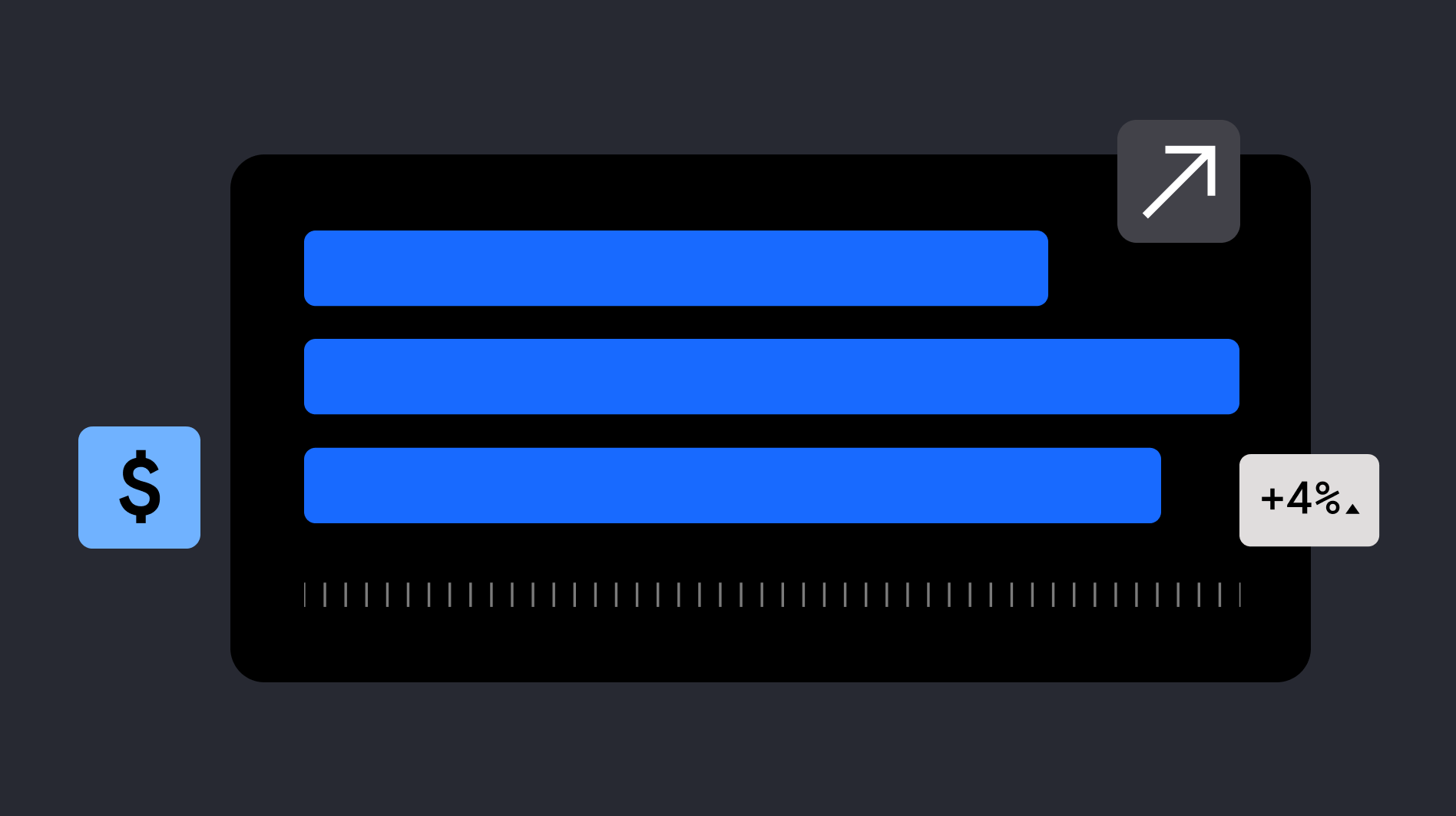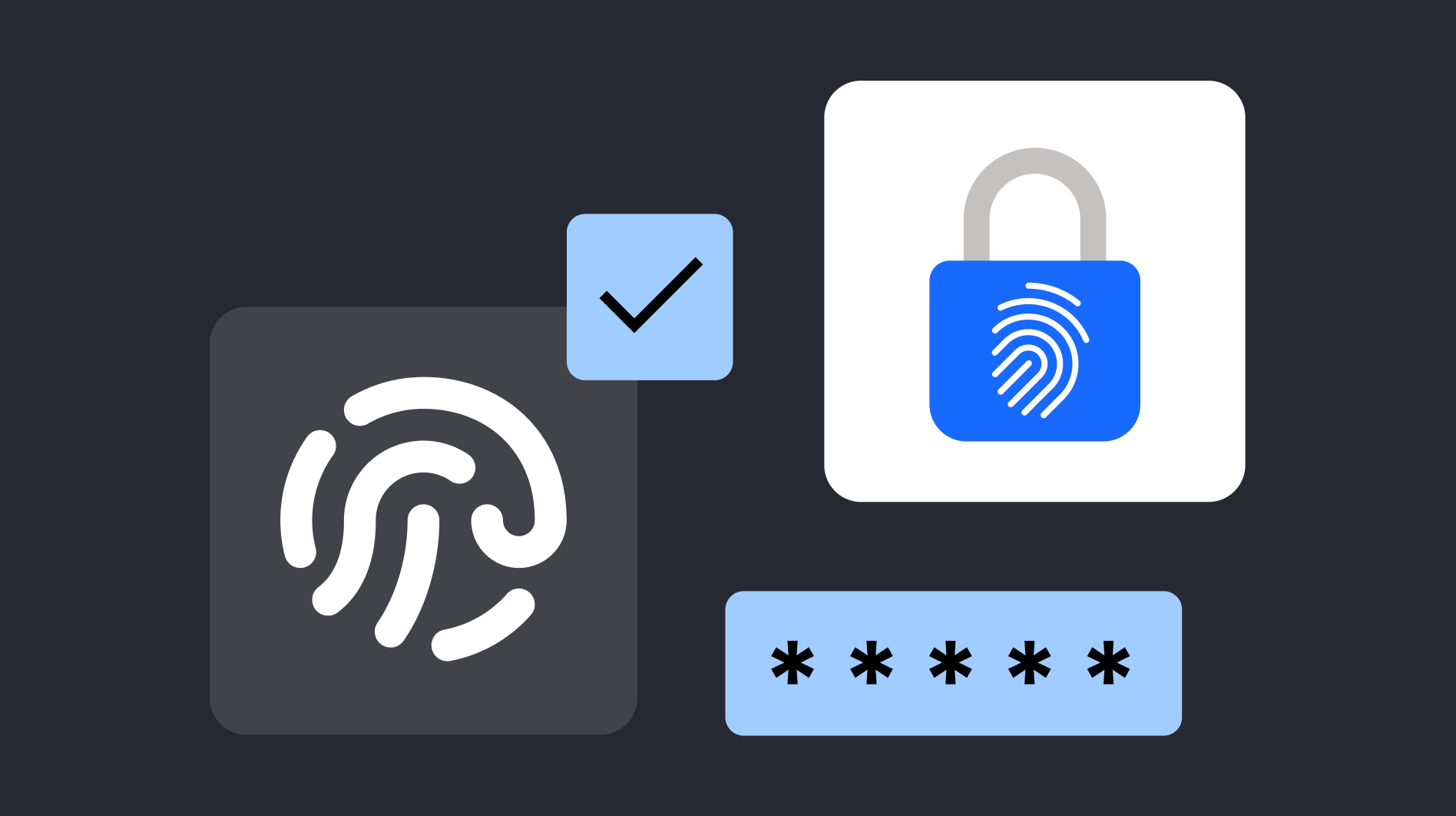Escrow is a financial arrangement where funds or assets are held by a neutral third party on behalf of a buyer and seller until certain conditions are met.
In the payments world, escrow helps to ensure that both parties involved in a transaction fulfil any predetermined obligations before any money changes hands. This helps to build trust between buyer and seller and can shield them from fraudulent activity,
In this article, we explain escrow in payments, how escrow works, its application for online transactions, and its key benefits.
What is an escrow payment?
High value transactions often involve a great deal of risk for both buyers and sellers, with both parties expected to fulfil certain contractual obligations to ensure that the deal is fair and legal.
In such a situation, any funds or assets can be held in escrow, a type of legal holding account that’s overseen by a neutral third party, or escrow agent, and only released when all contractual conditions have been met. An escrow agent essentially acts as a mediator or failsafe, ensuring both parties are satisfied before a payment is completed.
Escrow is commonly used in real-estate, banking and finance, mergers and acquisitions, and online transactions.
How does escrow work?
Let’s use an online marketplace as an example of how escrow works when selling high value goods online.
In this situation, we have a seller, the marketplace; a buyer, the customer; and an intermediary, the online escrow agent.
Here’s the escrow payments process:
- The customer buys expensive electrical equipment from an online marketplace in another country
- The marketplace needs assurance that it will receive the payment in full once the equipment has been successfully delivered to the customer
- The customer needs assurance that the equipment will arrive at their destination in good condition
- During this period of uncertainty when the goods are in transit, the buyer can place the payment in escrow with an online agent, who is instructed to only release the funds to the seller if the goods arrive in full working order
- The seller now has proof of payment, and the buyer has a chance to inspect their purchase before completing the payment
- Once the equipment arrives, both parties have met their contractual obligations, the funds are transferred, and the escrow payment is completed
What are some examples of escrow payments used online?
Escrow payments can play a role in a variety of online scenarios, including:
Online transactions and marketplaces
As in the above example, escrow payments are useful for transactions conducted on online marketplaces like eBay and Amazon. That’s because, as the customer has not been able to inspect the goods in person before they’re dispatched, they have no way of knowing whether they are in good condition or as described until they arrive. This is especially important when someone is buying second hand goods online, where substantial wear and tear may not have been visible, or have been deliberately disguised, in images.
Freelance work
When freelancers sign a contract with a business, they agree to complete a particular project or amount of work within a certain timeframe. The freelancer needs assurance that they will receive payment upon completion of the project, and the business needs assurance that the freelancer will fulfil their contractual obligations. Until these conditions are met, the freelancer's fees can be held in escrow.
Crowdfunding
When a startup is raising crowdfunding, they’re entering into a contract with their backers. The startup holds up its end of the bargain by bringing to life the product or concept promised in their pitch, and the backers by following through on their pledges. Until the funding round is complete, both parties have to exist in a state of uncertainty. By placing the backer’s funds in an escrow account, both the startup and their funders have reassurance that each will meet their requirements.
Auctions and high value goods
With so much money at stake, any transaction that involves high value goods, such as an online auction for an expensive painting, requires the buyer and seller to be protected. In this case, the buyer gains peace of mind by making an escrow payment, ensuring that the funds are only released to the auction house once the painting has arrived. In the meantime, the auction house can be sure that the buyer has the funds available to make the payment.
Benefits of escrow in online transactions
Escrow payments present a number of benefits for both buyers and sellers in online transactions, including:
Fraud protection
Both parties can be at risk of fraud in an online transaction. The buyer could be using illicit means to make the payment or might have no intention of transferring the funds once the goods have arrived. On the other hand, the seller might take payment without ever dispatching the goods, or be selling goods of dubious quality. When funds are held in escrow, both parties have the chance to verify each other before any money is transferred, which protects them from potential fraud.
Dispute resolution
Even if neither buyer or seller is intending to defraud the other, disputes can happen. When funds are placed in escrow, legal terms are established beforehand that ensure the payment is only completed once certain conditions have been met. This means that, in the event of a disagreement, both parties have the contractual right to withdraw from the transaction.
Less risk
Overall, escrow reduces risk for buyers and sellers by ensuring there is a neutral third party to act as a mediator, and that both are on an equal footing during the transaction. Escrow builds trust and means that neither has to simply take it on faith that the other will meet their obligations.
Should you use escrow in payments?
If your business relies on transactions with a significant degree of uncertainty or where there is an increased risk of fraud, such as online payments for high value goods, you should use escrow to protect yourself.
However, there is another option that can adapt to the specific needs of your online business: a payment service provider (PSP).
The benefits of a PSP include:
- Easy integration with your existing payments setup, meaning you can tailor your security system to the specific threats your business faces and to your risk appetite
- Real-time transactions, meaning funds can be instantly transferred from buyer to seller with no delays that leave them more exposed to fraudulent activity
- A wider range of payment methods to choose from, so you can offer options that work best for the needs and preferences of your customers
- Fraud detection tools that utilise dynamic machine learning and flexible rules to spot and prevent fraudulent activity
Both escrow and PSPs can play a part in keeping merchants safe during online transactions. PSPs provide flexible protection and escrow gives you an extra layer of security that can be essential for high value payments.
Explore secure payment processing with Checkout.com
If you’re looking for a secure payments system that integrates easily with your existing setup, provides real-time payments, and robust fraud detection, look no further than Checkout.com.
Rather than acting as an intermediary, like an escrow agent, Checkout.com’s platform is your fully integrated, always-on, comprehensive security and payments partner.
Find out more about Checkout.com’s payments solution or speak to one of our experts.



.png)



%20v1.jpg)


.png)





